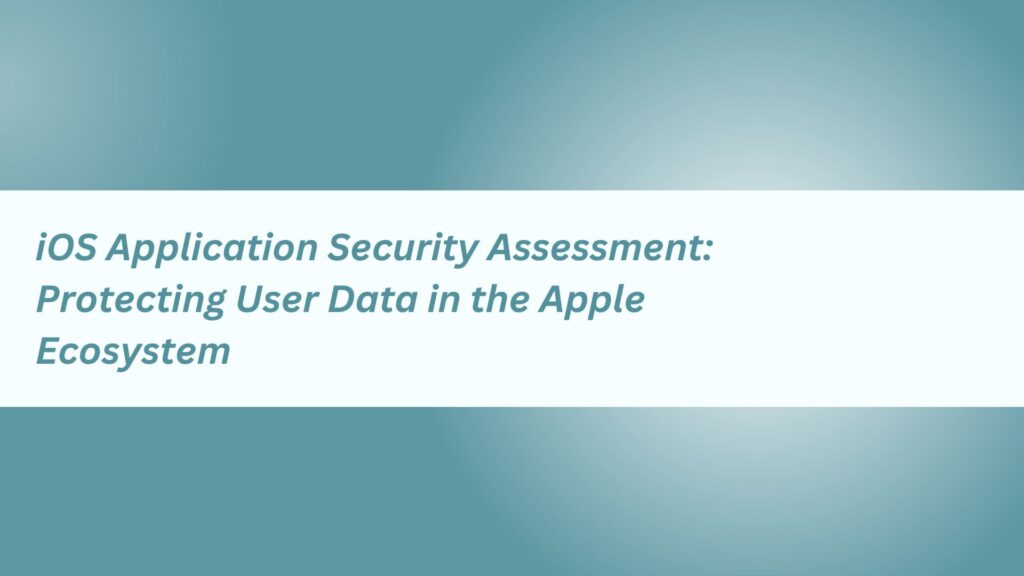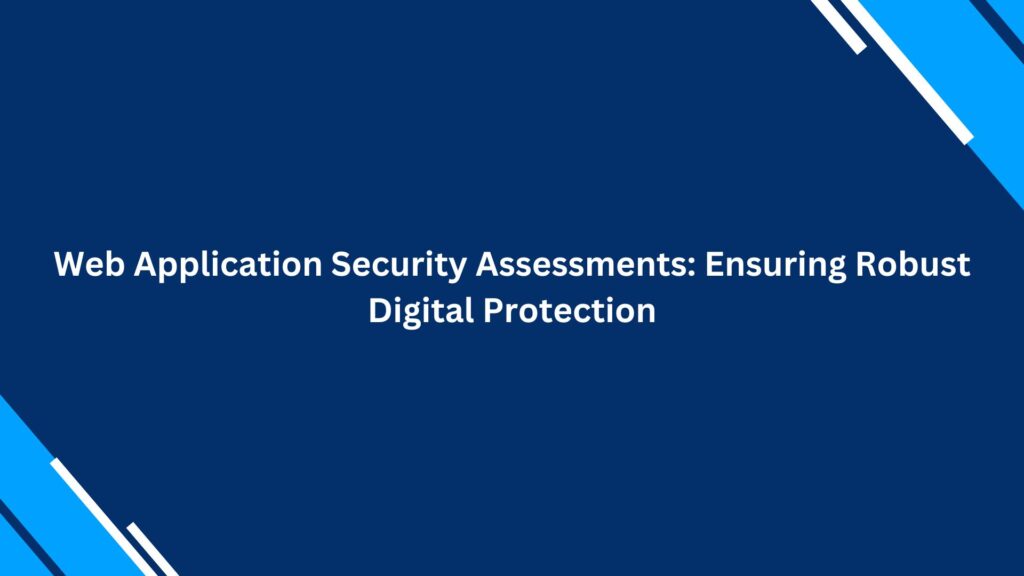In the realm of software applications, thick clients refer to applications that are installed and run directly on user devices, such as desktop computers or laptops. As these applications handle sensitive data and perform critical operations, ensuring their security is paramount. Thick client application security assessments play a vital role in identifying vulnerabilities and fortifying the defense of these applications.
Thick client application security assessments involve a comprehensive evaluation of the security controls, functionalities, and underlying code of the application. The objective is to uncover potential vulnerabilities that attackers could exploit to gain unauthorized access, manipulate data, or compromise system integrity.
Key aspects of a thick client application security assessment include:
Code Review: Conducting a thorough examination of the application’s source code helps identify insecure coding practices and potential vulnerabilities. This assessment ensures that secure coding standards are followed and eliminates common security flaws.
Authentication and Authorization: Evaluating the authentication and authorization mechanisms of the thick client application ensures that only authorized users can access sensitive data and perform privileged actions. This assessment helps identify potential weaknesses in user authentication, session management, and access controls.
Data Encryption and Protection: Assessing how the application handles data encryption, storage, and transmission helps identify any vulnerabilities that could lead to data breaches or unauthorized access. This includes evaluating the use of strong encryption algorithms, secure storage practices, and protection of sensitive data during transmission.
Error Handling and Input Validation: Evaluating how the application handles errors and validates user inputs helps prevent common security vulnerabilities like SQL injections, cross-site scripting (XSS), or buffer overflows. This assessment ensures that the application can handle unexpected inputs securely.
Secure Communication: Assessing how the thick client application communicates with external servers or APIs ensures that data transmission is protected from unauthorized interception or tampering. This includes evaluating the use of secure communication protocols, such as SSL/TLS.
By conducting regular thick client application security assessments, organizations can proactively identify and address potential security risks. These assessments enhance the overall security of the application, protect sensitive data, and ensure the integrity of system operations. Strengthening the defense of thick client applications builds trust among users and helps safeguard against evolving cyber threats in the desktop computing environment.
If your located in Singapore, Philippines, Indonesia and wish to avail the services to improve the cyber security systems email to [email protected] or [email protected]




